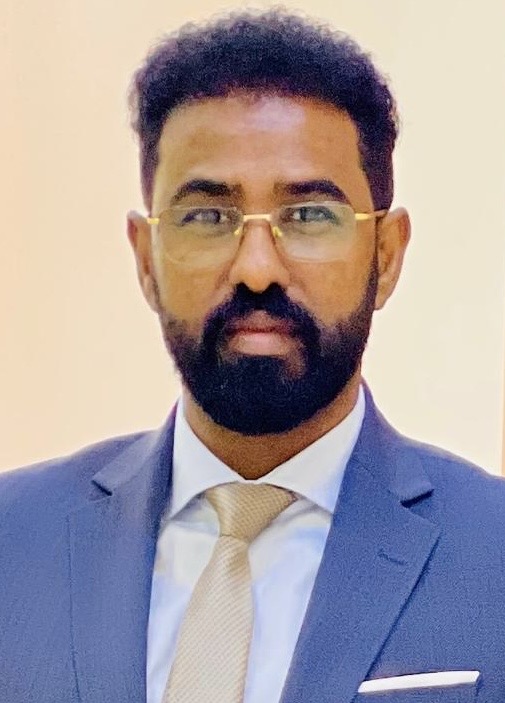By Salah Rashid
For nearly three decades, Somalia has been the focus of one of the world’s largest humanitarian operations. Billions of dollars were mobilized through UN-led frameworks with the promise of saving lives, strengthening resilience, and building institutions.
Yet, in the regions of Sool, Sanaag, and Cayn (SSC), that promise has consistently been broken. Mothers watched children go to bed hungry, families walked for days in search of water, and young people saw hope replaced by despair, not because aid was unavailable, but because politics stood in the way.
Between 2019 and 2023 alone, of the $148 million in international assistance earmarked for SSC, only $61 million ever reached its people. Nearly $87 million – more than half, simply disappeared, diverted to unknown or unaccounted destinations. This was not the result of drought, insecurity, or lack of access. It was the result of a single word weaponized against an entire population: “disputed.”
Although SSC has always been part of the Federal Republic of Somalia, international aid agencies and donor governments used that label as a shield. With Somaliland and Puntland laying competing, unproven claims over the territory, the word “disputed” became an easy excuse to look away. It allowed projects to be shifted elsewhere, while families in SSC endured the full weight of drought, climate shocks, hunger, poor health, and collapsing services.
The cost of that cynical classification was immense. Resilience was stripped away as pastoralist households lost the ability to survive bad seasons. Governance weakened as NGOs replaced state institutions as the only source of survival. A generation grew up dependent on handouts rather than secure livelihoods, locked into a cycle of vulnerability.
Today, that cycle may finally be breaking. With the formation of the North East Federal Member State, headquartered in Las Anod, the people of SSC have, for the first time in modern history, a representative government of their own. Abdikadir Ahmed Aw-Ali, popularly known as Firdhiye, was elected as the first President of the North East State, while Dr. Adan Abdullahi Aw-Hassan was chosen as Speaker of Parliament. Their election is not merely a political milestone; it is a beacon of hope for communities long silenced by aid politics. It signals the possibility of rewriting the story of SSC—from one of exclusion to one of empowerment.
For this to succeed, aid must be delivered differently. The region needs a credible and transparent system that coordinates humanitarian assistance and ensures that every dollar meant for SSC reaches SSC. That begins with establishing a professional Aid Coordination Office within the Ministry of Planning, alongside a Ministry of Humanitarian Affairs, to serve as a trusted partner for donors and agencies. Equally vital is the demand that the international community abandon the old excuse of “disputed areas.” Aid must follow people and their needs, not political calculations.
The people of SSC also know that survival cannot be built on endless relief alone. They long for solutions that strengthen their resilience: clean water systems that save children from walking miles each day, rangeland management that preserves the livelihoods of pastoralists, vocational training that gives young people an alternative to migration or despair, and climate-smart agriculture that can withstand an unpredictable environment. These are not luxuries; they are the foundation of dignity and stability.
For too long, aid in SSC has been something done to people rather than with them. International actors bypassed local organizations and institutions, unintentionally weakening the very governance structures they claim to support. But SSC’s new leadership is determined to turn that page.
Aid must empower Somali organizations, civil society, and local institutions, ensuring communities are not passive recipients but active drivers of their own future.
The international community also faces a test. Donors cannot continue to bankroll manipulation while claiming to promote peace and resilience. Ethical aid-free from political distortion is not only a humanitarian duty but a peacebuilding necessity. The North Eastern region holds immense untapped potential in livestock, trade, renewable energy, and cross-border commerce. If supported with fairness and vision, it could become a model of recovery, stability, and growth.
For decades, SSC was left behind by a label. But labels do not define people. With transparent governance and genuine international engagement, the people of the North East State can transform their story from one of neglect to one of determination. The question is no longer whether SSC deserves aid, it is whether the world is finally willing to deliver aid justly, equitably, and without political manipulation.
It can happen. It should happen. And the families of Sool, Sanaag, and Cayn are determined to ensure that it does.
The views expressed in this article are solely those of the author and do not necessarily reflect the opinions of Somali Stream.


